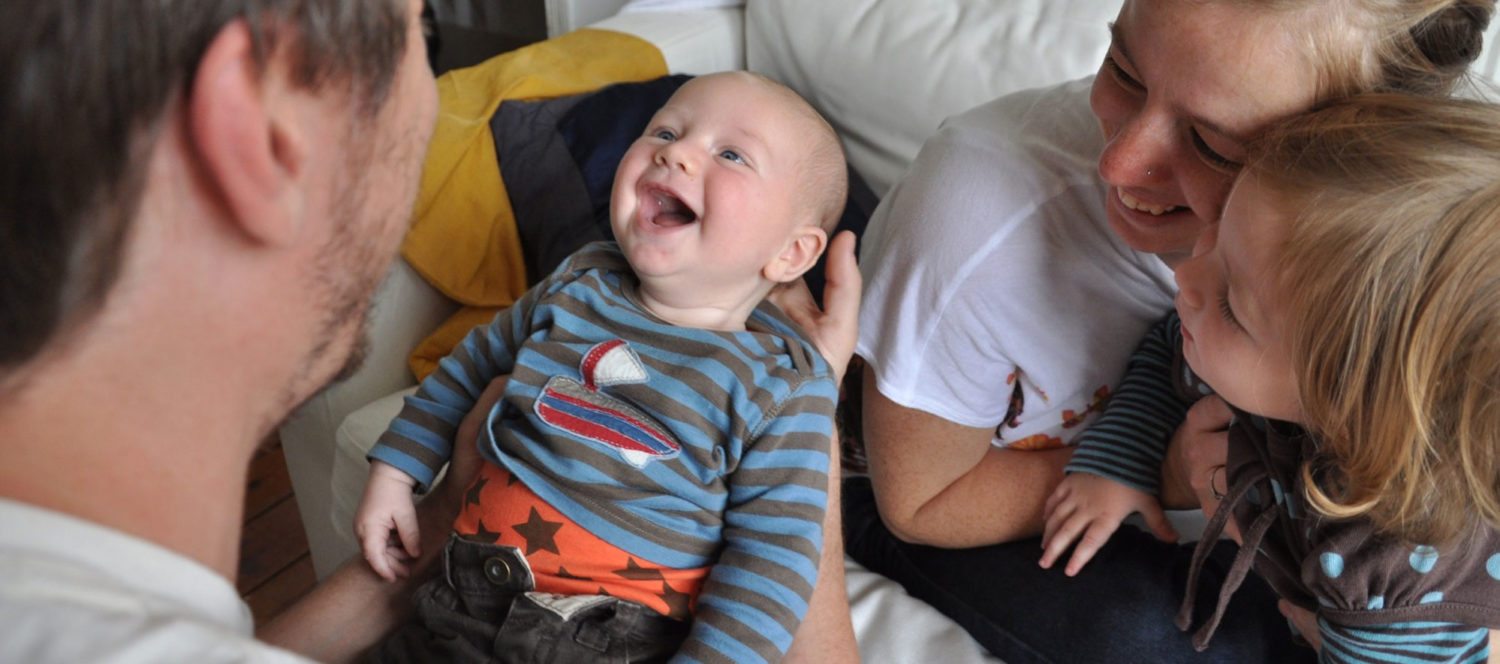Robust evidence exists for the increased incidence of respiratory infections amongst term and moderately pre-term babies who are not breastfed. Amongst those who are breastfed, some studies have shown a “dose response” with both the duration and the exclusivity of breastfeeding affecting the incidence. Larger studies are more likely to show the effects of partial breastfeeding than smaller studies. See also UNICEF UK’s report, Preventing disease and saving resources.
Breastfeeding reduces the risk of infectious diseases in infancy
This study of 4,164 infants in Holland found that exclusive breastfeeding for four months and partially thereafter reduced the risk of infections in the upper respiratory, lower respiratory and gastrointestinal tracts. Duijts L, Jaddoe VWV, Hofman A et al (2010) Prolonged and Exclusive Breastfeeding Reduces the Risk of Infectious Diseases in Infancy. Pediatrics; 126: e18-e25
Breastfeeding protection against diarrhoea and lower respiratory tract infection
This study of 18,819 infants found that exclusive breastfeeding protects against hospitalisation for diarrhoea and lower respiratory tract infection. The effect of partial breastfeeding is weaker. The findings suggest that an estimated 53% of diarrhoea hospitalisations could have been prevented each month by exclusive breastfeeding and 31% by partial breastfeeding. Similarly, 27% of hospitalisations for lower respiratory tract infection could have been prevented each month by exclusive breastfeeding and 25% by partial breastfeeding. Quigley M.A., Kelly Y.J., Sacker A.S. (2007) Breastfeeding and Hospitalization for Diarrheal and Respiratory Infection in the United Kingdom Millennium Cohort Study. Pediatrics; 119; e837- e842



